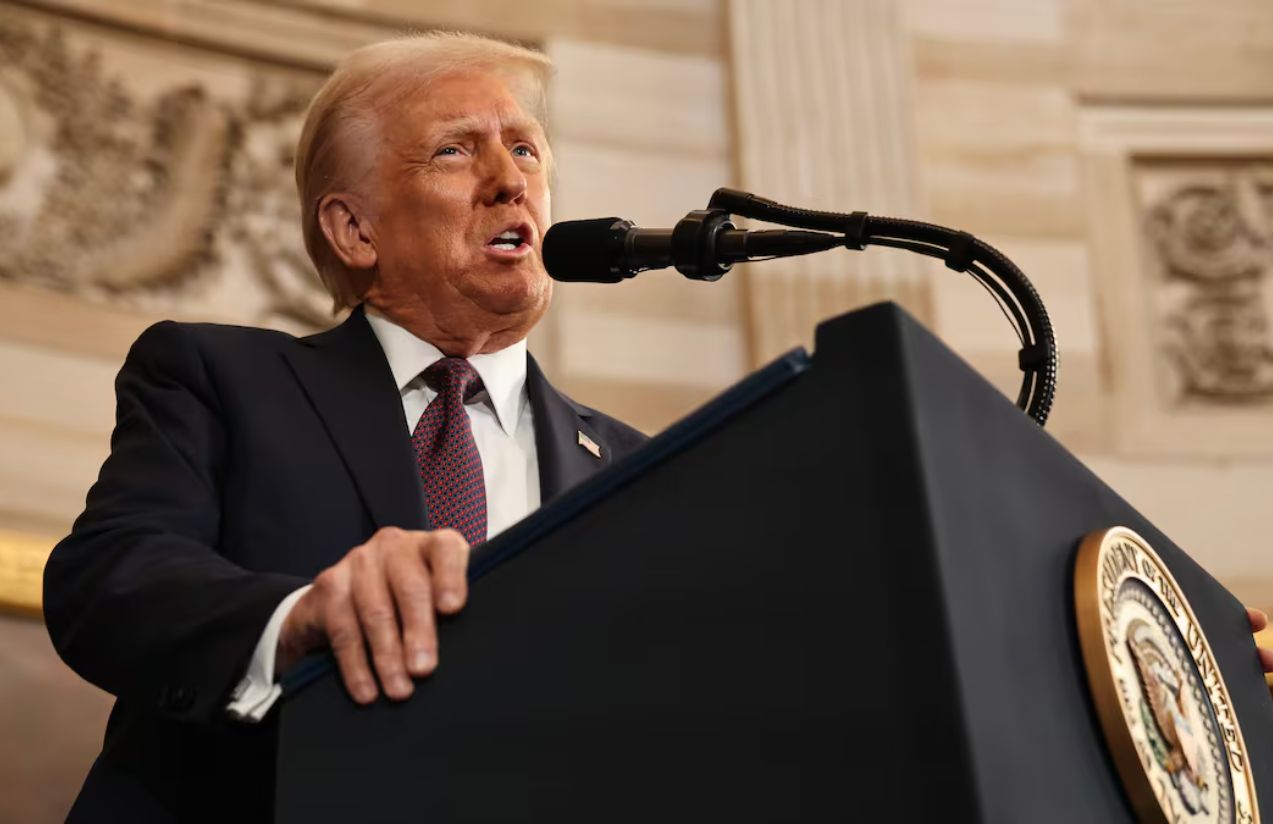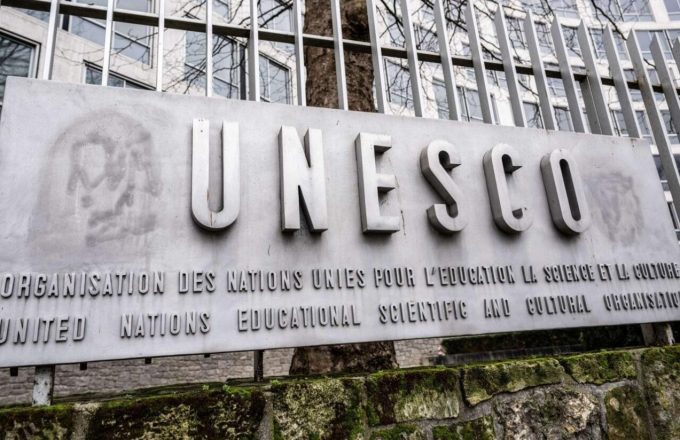“Promises made, promises kept.” With this oft-repeated phrase, White House Press Secretary Karoline Leavitt celebrated the first 100 days of Donald Trump’s second term this week. She did so with the defiant tone that defines her relationship with the press, declaring it “the most historic start to a presidency in U.S. history.” Beyond the triumphalist rhetoric and loose relationship with the truth, one thing is clear: Trump has followed through—quickly and chaotically—on many of the threats he made during his campaign, leaving a deep mark on the American democratic system.
Trump has returned to power with a spirit of revenge, determined to settle old scores. From day one, he launched an offensive that even his harshest critics had not fully anticipated. He has aggressively implemented the playbook of Project 2025—a far-right agenda he distanced himself from during the campaign to avoid alienating moderate voters. He now feels backed by what he considers a “powerful and unprecedented mandate,” despite a less-than-overwhelming performance in the popular vote.
Emboldened, he has targeted immigrants, judges, universities, the press, trans people, and even museums. In his narrative, immigrants are all “illegal and criminal” and deserve only one fate: deportation. This includes cases like Kilmar Abrego García, who was mistakenly sent to a prison in El Salvador without legal guarantees. In foreign policy, Trump has upended the post-1945 global order: straining ties with Europe and Ukraine, cozying up to Russia, and leaving geopolitical vacuums for China to fill—all in the name of “America First,” a slogan that has translated into erratic trade wars and diplomatic isolation.
Domestically, he has pushed the boundaries of the constitutional system. Backed by a conservative supermajority on the Supreme Court, Trump has expanded executive power and openly challenged long-standing norms. Through executive orders, he has sought to dismantle protections like birthright citizenship under the 14th Amendment and has waged war on key institutions: universities, civil servants, independent media, and sexual minorities. The ideological chainsaw has spared almost no sector.
This institutional erosion evokes the famous poem by Pastor Martin Niemöller: “First they came for the socialists, and I did not speak out…” Today, many in America—from scientists to tourists—are asking themselves a similar question: “Am I next?”
The obsession with the first 100 days as a measure of presidential success dates back to Franklin D. Roosevelt. Trump often compares himself to FDR, but while Roosevelt rebuilt, Trump has chosen to dismantle. Unlike FDR, who relied on Congress to implement his transformative agenda, Trump has mostly sidelined the legislature—even when his party controls both chambers. The result is a diminished Congress and a democracy under unprecedented stress.
The future remains uncertain. With 1,361 days still to go, the damage already appears difficult to reverse. Trust in traditional alliances has fractured, America’s role on the world stage has shifted, and many of these transformations may become permanent.
Trump reaches this symbolic milestone with historically low approval ratings, even after effectively closing the border—an action supported by many, though implemented with such severity that it has hurt tourism. These past weeks have been marked by surreal scenes: Elon Musk’s young son in the Oval Office, the White House turned into a Tesla showroom, mass deportations filmed like a movie by authoritarian Salvadoran President Nayib Bukele.
What’s next? No one knows. The administration promises new trade deals, tax cuts, and more “American greatness,” according to Leavitt. But it’s likely that the next 100 days will be dominated by legal battles and pivotal Supreme Court rulings tied to Trump’s agenda.
True to the doctrine of his mentor Roy Cohn—“Never admit defeat”—Trump moves forward relentlessly, determined to reshape the country in his image. Whether that strategy, driven by decrees, confrontation, and spectacle, will be sustainable—or will ultimately tear the fabric of the system—is the question that looms over the months to come.




















